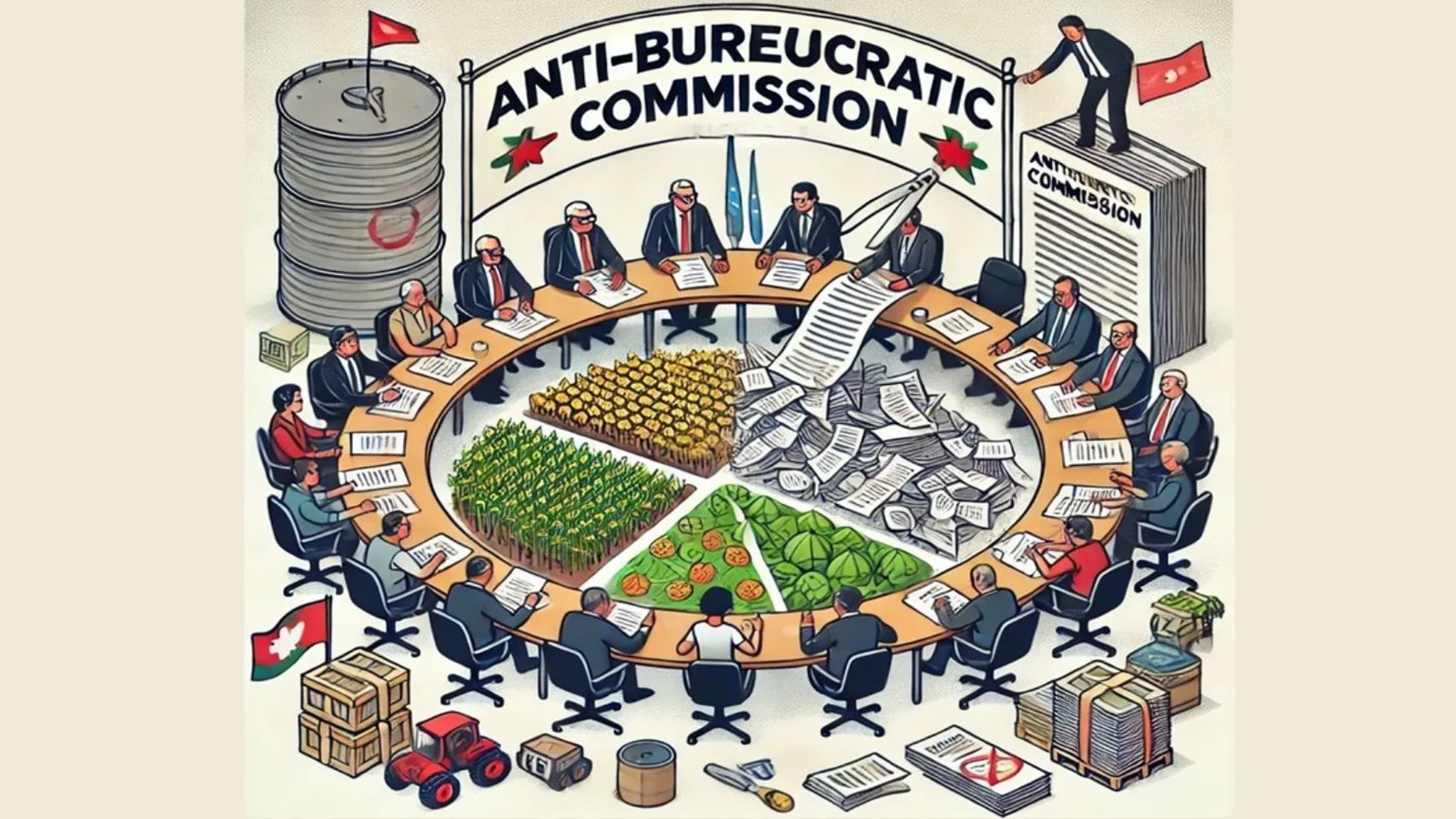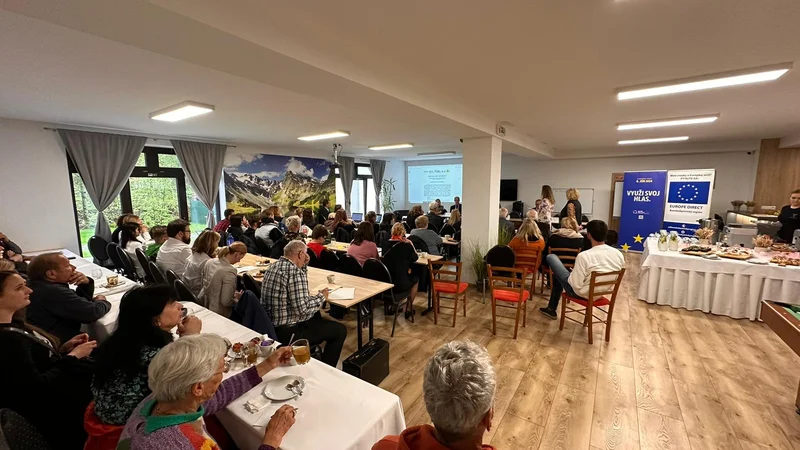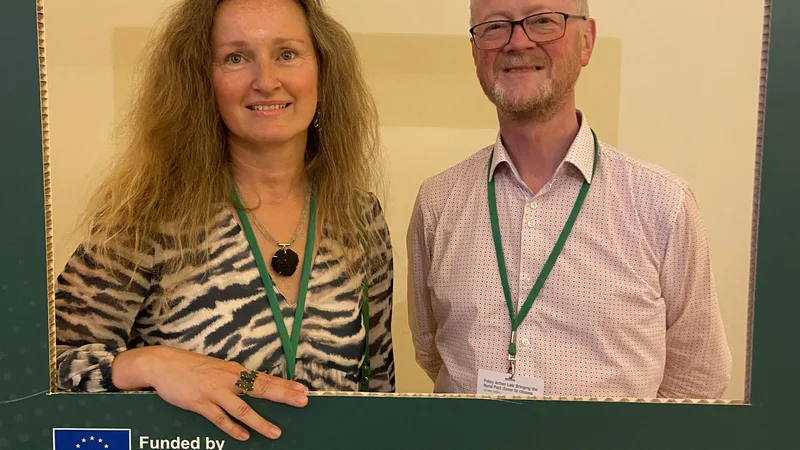The illustration represents the concept of the Anti-bureaucratic commission focused on agriculture. It captures a collaborative effort to reduce bureaucracy and support agricultural stakeholders.
In March this year, the Slovak Minister of Agriculture and Rural Development established the Anti-Bureaucratic Commission, aiming to actively and sustainably reduce innecessary bureaucratic obligations and administrative burdens in the agricultural sector. The Commission was formally created through a ministerial decree, reflecting the government’s commitment to streamlining processes for farmers and agricultural stakeholders.
The Commission comprises 22 members, all of whom were appointed by the Minister and are directly accountable to him. These members include representatives from self-governing bodies, professional organizations in the agricultural sector, state dministration entities, and advisory bodies such as the national parliament and the government’s legislative committee. This diverse composition ensures that the Commission benefits from a broad range of expertise and perspectives. To date, the Commission has held two sessions, with the most recent taking place on 23 September. During these sessions, the focus has been on identifying key areas where bureaucratic processes can be simplified or eliminated to support the agricultural community.
At the latest session, the Slovak PoliRuralPlus pilot played a significant role by presenting a comprehensive list of 13 proposals designed to reduce administrative burdens. These proposals were supported by insights from the innovative GPT Caddy tool, developed as part of the PoliRuralPlus project. The tool leverages advanced technologies to identify bureaucratic bottlenecks and propose practical solutions, contributing to the Commission's efforts to foster a more efficient agricultural sector.




Existing Comments